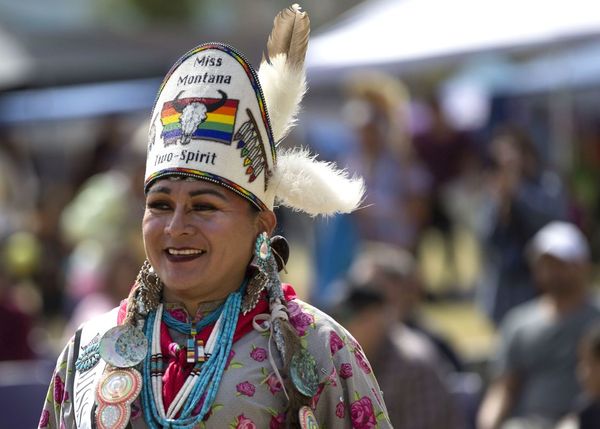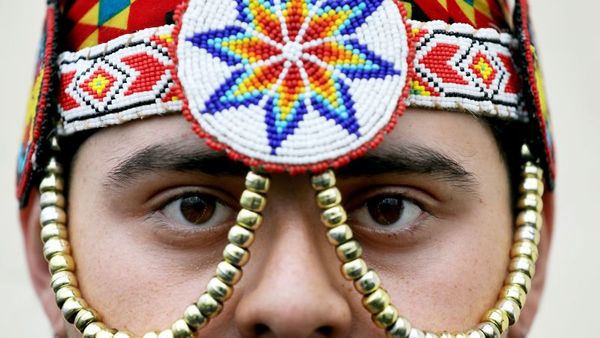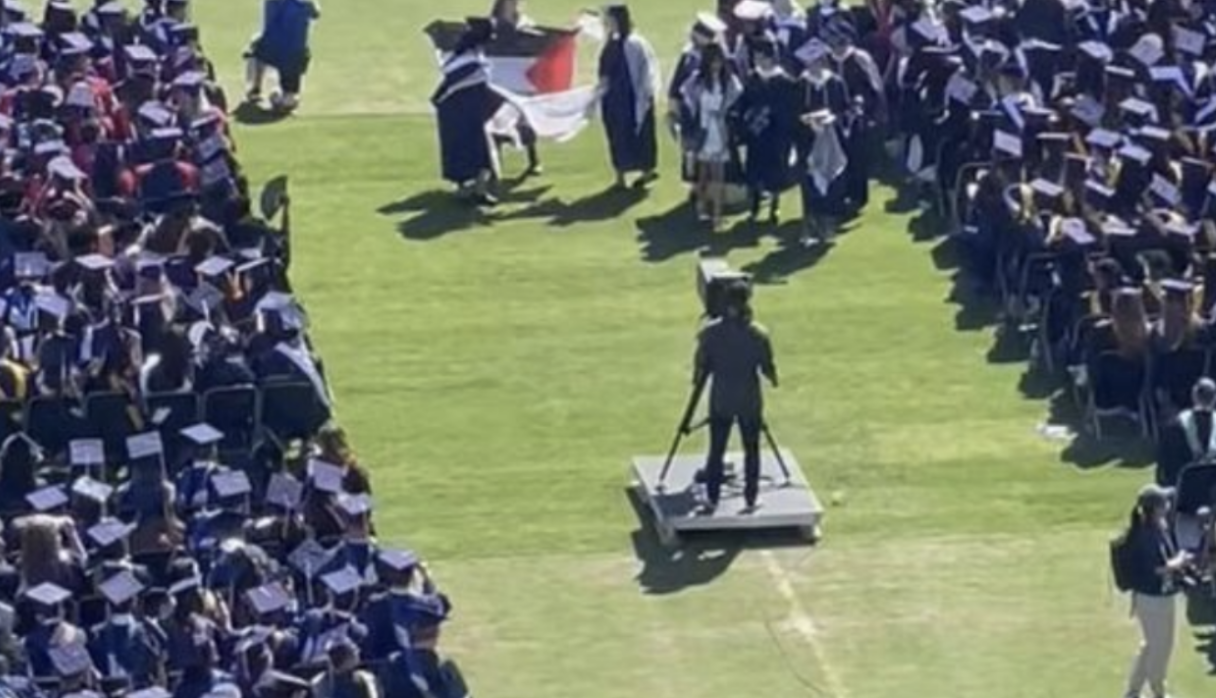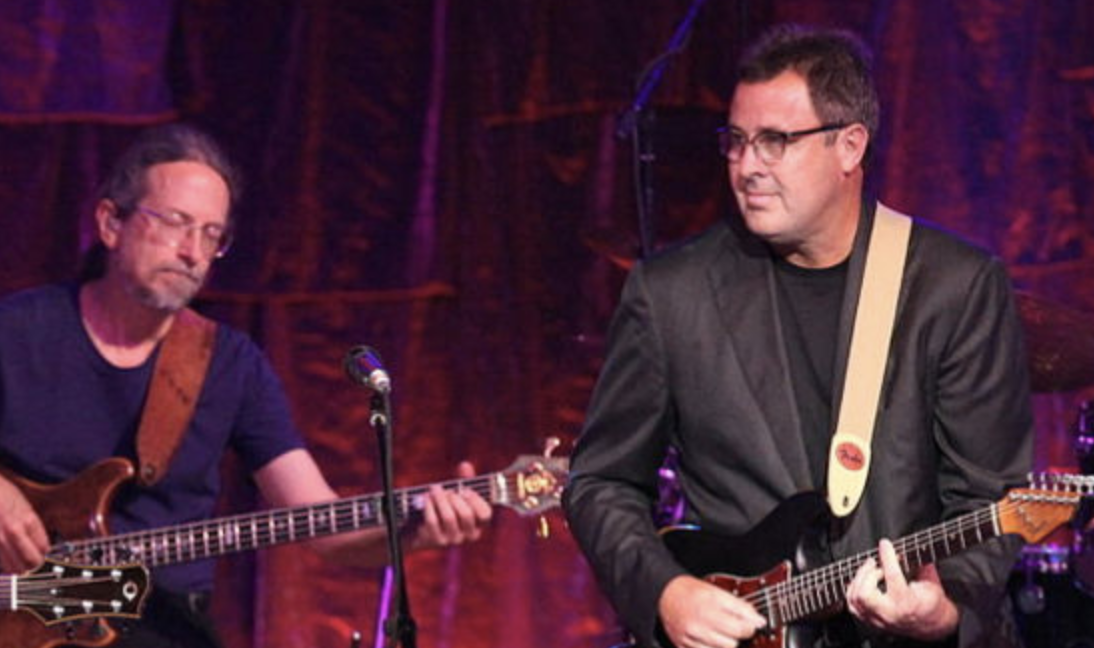Montana’s Two-Spirit community is on a mission to reclaim their history and challenge a state law that defines sex as binary. This law, known as Senate Bill 458, categorizes individuals as “male” or “female” based on their chromosomes and reproductive systems. However, this definition ignores the spiritual and cultural beliefs of the Two-Spirit community, leading to a violation of their rights.
In October, the Montana Two Spirit Society, along with transgender, intersex, and nonbinary residents of Montana, filed a lawsuit in Missoula County District Court to challenge the law. They argue that the state’s narrow definitions of sex exclude and marginalize many Montanans, denying them the benefits and protections provided by the state. Additionally, they claim that the law violates Montana’s individual dignity, equal protection, privacy, and freedom of speech laws.
David Herrera, co-founder and executive director of the Montana Two Spirit Society, emphasizes that gender cannot be reduced to just biological definitions. Indigenous traditions and cultures have long recognized the existence of more than two genders, with some cultures acknowledging as many as four to six. Forcing a binary definition of gender goes against these deeply rooted beliefs. Herrera, a 61-year-old Two-Spirit individual adopted into the Blackfeet tribe, highlights the importance of challenging the law to uphold Indigenous traditions.
In Indigenous cultures, Two-Spirit people historically held honored roles in healing and ceremonies. However, colonization led to the loss of this important part of their tradition. The imposition of Western ideologies and religious doctrines demonized Two-Spirit individuals, resulting in discrimination, violence, and even murder. They were pressured to conform to narrow gender roles, suppressing their true identities.
Steven Barrios, a 71-year-old member of the Blackfeet Nation and co-founder of the Montana Two Spirit Society, expresses support for the fight against the state’s new gender definitions. Barrios believes that reclaiming their identity is crucial, considering the government’s history of traumatic actions against Indigenous communities. He also raises concerns about the impact of SB 458 and similar legislation on the mental health of Two-Spirit youth, who already face higher rates of suicide.
Statistics reveal the challenges faced by LGBTQ Indigenous people and Two-Spirit individuals. Approximately 6% or 285,000 American Indian and Alaska Native-only adults identify as LGBTQ, according to a study by the Williams Institute at the UCLA School of Law. Indigenous LGBTQ adults experience higher rates of depression, discrimination, and physical or sexual assault compared to their non-LGBTQ counterparts. The impact of discriminatory laws like SB 458 is real and deeply felt.
Attorney Rylee Sommers-Flanagan, representing the plaintiffs, emphasizes the long-standing existence of the Two-Spirit community and the concrete impact of laws on their lives. The fight to challenge Montana’s binary sex law is about recognizing and respecting diversity, upholding traditions, and ensuring equal treatment for all individuals.

Together, the Two-Spirit community and their allies are working to create a more inclusive and accepting society, where individual rights and identities are celebrated. By challenging discriminatory laws, they hope to create a brighter future for generations to come.





